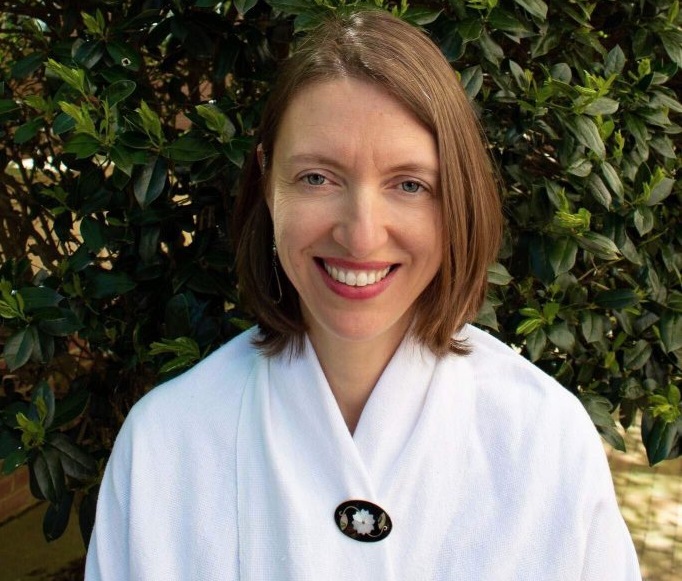
The Thanksgiving table looms large in Kurt Gray’s research.
Gray, an associate professor of psychology and neuroscience in the College of Arts & Sciences at UNC-Chapel Hill, studies what he calls the science of moral understanding. This new field draws elements from social psychology, which studies intergroup conflict, and from moral psychology, which studies how people make moral judgments.
“By fusing these two research streams,” said Gray, “the science of moral understanding will provide a deeper understanding of the moral judgments that divide us — and allow new insights about how we can bridge these moral divides.”
An ultimate goal of this research is to provide tools to help solve political polarization at the national level, but Gray said the first step is to focus locally, creating more civility in everyday conversations between liberals and conservatives. “A key goal is to take Thanksgiving dinner conversations between relatives who disagree — whether on gun control, abortion or gay marriage — and make them more respectful.”
Earlier research in moral psychology has interpreted political conflict as evidence that liberals and conservatives have fundamentally different moral minds. Gray disagrees. His research suggests that all people have the same moral mind, one that grounds morality in perceptions of harm.
“Liberals and conservatives all agree that morality is about harm, but sometimes disagree about what is harmful,” said Gray.
Because earlier research focused on the differences between political opponents, Gray says that it overlooked how much we agree about morality. He notes that most people support most of the laws on the books. “We all agree that murder, theft and fraud are wrong. And we all agree that we should protect children from harm. Where we disagree is exactly what policies keep our children safe.”
Gray, who runs the Mind Perception and Morality Lab at UNC, has recently received a $914,000 grant from the Charles Koch Foundation to advance the nascent field of moral understanding. The grant will provide cornerstone funding to create the Center for the Science of Moral Understanding in the department of psychology and neuroscience in the College.
The center will not only build a dynamic research program at Carolina but also host conferences, engage with the public and offer competitive grants to external scholars, funding graduate students, post-docs and early-, mid- and late-career scholars to build knowledge in the field.
Gray has a strong record of conducting innovative research with real-world impacts and is the co-author of the book, The Mind Club: Who Thinks, What Feels and Why It Matters. He has been recognized with multiple early career awards and has received past funding from the Russell Sage Foundation, the John Templeton Foundation, the Charles Koch Foundation and the National Science Foundation — including grants to study moral cognition and political tolerance.
Gray also has extensive experience collaborating with scholars across disciplines — he has worked with robotics experts to study how people perceive the “minds” of autonomous machines and with business faculty to study ethical awareness in organizations. This new center will expand this interdisciplinary approach.
“Morality is diverse and complex, and research studying it must also be,” he said. “The center will bring together diverse disciplines and perspectives, including philosophy, religious studies, political science, sociology, the law.”
There will be opportunities for undergraduate research through a summer internship program, and Gray is in the process of developing an undergraduate course that will focus on the science of moral understanding that he hopes to begin teaching in 2020.
“It is certainly important to think big: How can we change Congress? How can we make America tolerant again? But politics is ultimately about interaction with other people,” Gray said. “If we first make everyday interactions between liberals and conservatives more understanding, then we could scale it up to help improve the national dialogue.”
By Geneva Collins




